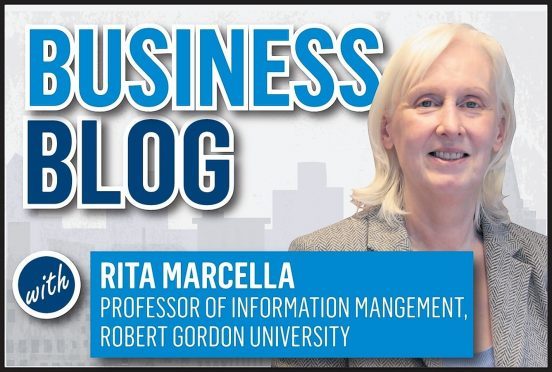In this month’s column, I am reflecting on why and how trust matters in the field of organisational management. Let us start with a definition – what is trust?
According to Rousseau et al (Not so different after all: A cross-discipline view of trust, Academy of management review) it is “a psychological state comprising the intention to accept vulnerability based upon positive expectations of the intentions or behaviour of another”.
Others have described it as “behaviour that conveys appropriate information, permits mutuality of influence, encourages self-control, and avoids abuse of the vulnerability of others”.
From these definitions we can see that the two antecedents necessary for trust to exist are a preparedness to be vulnerable and an absence of negative consequences as a result.
Trust is important to us in personal relationships, education, work and politics – in fact, almost every aspect of how we live our lives.
Yet we seem to be living in a world where little is to be trusted, where facts are undermined at every turn and where we are perpetually finding that what we believed in was “shady’”, as my students might put it. And what happens when trust is undermined?
Lack of trust stimulates defensive behaviour in others in response, avoidance, suspicion, reluctance to invest in or believe in new ideas, unwillingness to “put your head above the parapet” and dissimulation.
It also leads to a world where all communications tend to be regarded with scepticism and cynicism.
In organisational relationships with a low level of trust, information exchange will be very poor in both directions – from management to staff and vice versa.
As a result, there will be little cohesion in the solving of problems or working together towards a mutual goal.
In such a world, issues often remain unidentified and unresolved. Although critical flaws may seem invisible and can go undetected for some time, they will eventually result in fatal damage to the fortunes of the organisation as a whole.
There is a good deal of evidence of the ways trust can strengthen organisations and groups, and how its absence damages them.
It is not simply a matter of creating a feel good factor. An increase in trust can improve the exchange of accurate, comprehensive, and timely information.
Problem-solving groups with high trust levels will share ideas and feelings more openly, develop greater clarification of goals and problems, and search more widely for answers.
They will also have greater influence and more motivation to implement their conclusions.
In addition, they will be more satisfied with their problem-solving efforts and see themselves as closer and more of a team. Group members will be less inclined to leave.
For those who have experienced their trust being misplaced, the overwhelming feeling is one of a future of precarious uncertainty at best.
Staff and customers don’t want to work for or do business with an organisation they cannot trust. We all want to work, engage and be with people we can trust.
Building trust is good for business too – the more a client trusts the service provider, the more committed they become.
Trust is at the heart of all good customer service and when it is lost, that customer or client’s business is often forever lost too.
In today’s world of rapid consumer communication of product and service intelligence, a swathe of associated customer business may also be lost.
This is why companies which care little for repeat business invest so little in customer service and happily serve you substandard products.
When you’re in St Mark’s Square in Venice, your waiter knows he will likely never see you again and clearly doesn’t care if your experience is a good one or not.
It’s why your hairdresser, if you are very lucky, tells you when the colour you’ve selected is a bad choice – and even manages to do so sensitively.
For trust is not strengthened by avoiding harsh truths but by being thoughtful in communicating them and by both parties trusting each other’s honesty and respect.
When trust is lost, no future marketing or media campaigns can redress that, however sophisticated or costly.
Trust is built on openness, veracity and the mutual sharing of issues. It is destroyed by duplicity, lack of candour and double dealing.
Avoidance of hard truths does not encourage trust, which is fluid and can ebb and flow as the context changes and new information emerges.
It is questionable if trust can genuinely be rebuilt once it is lost. The very language of trust is about creation and loss, suggesting how deeply an emotive issue it is for most of us.
Research suggests charismatic behaviours and attitudes can encourage trust in team leaders, but trust is a complex phenomenon and can vary throughout an organisation at different levels.
